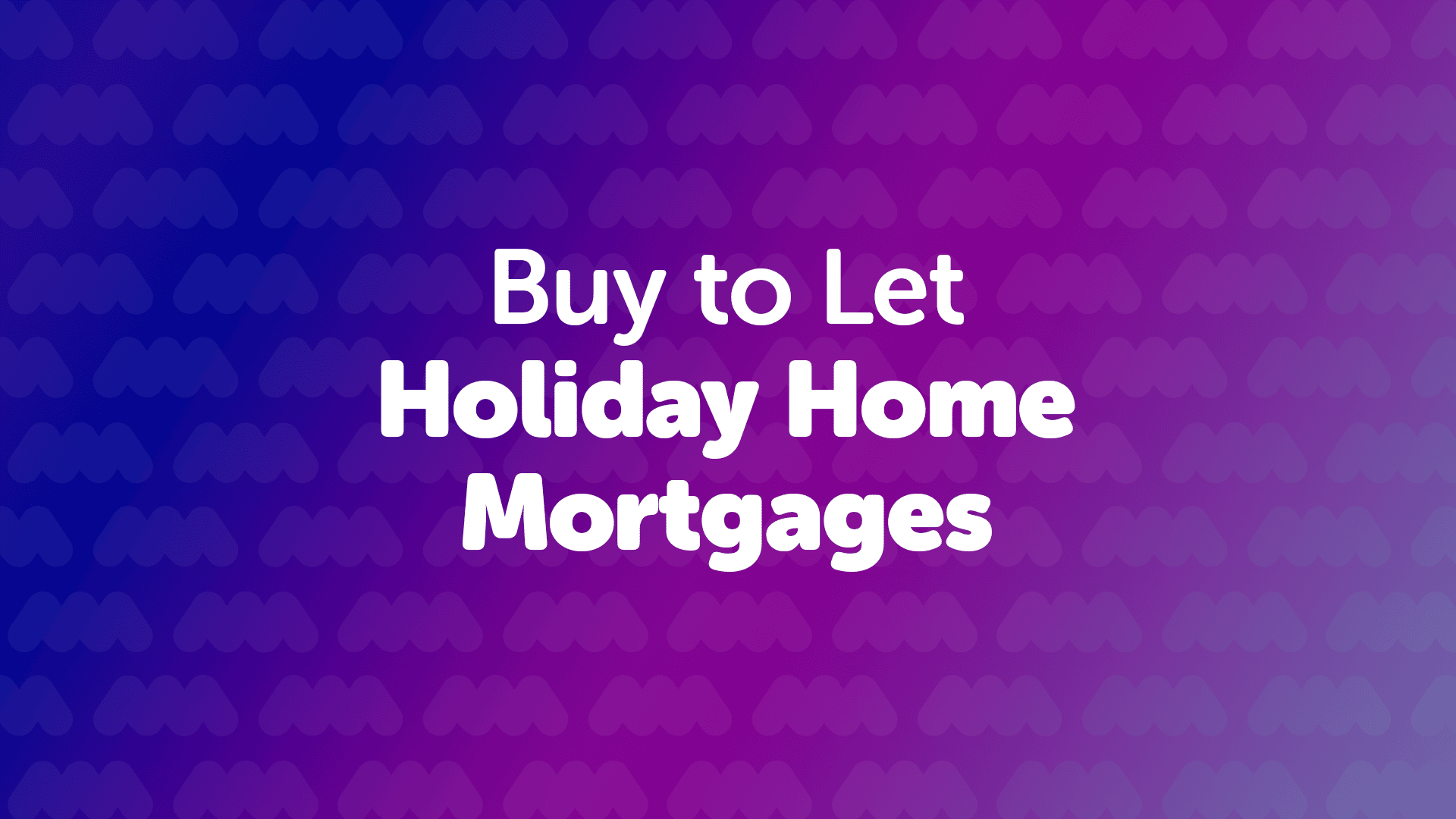Exploring the landscape of buy to let mortgages and property investments can open a realm of opportunities for landlords seeking to boost their profits.
Beyond the typical buy to let mortgages in Hull, there exist other options, depending on what you’re looking to achieve. Notably, the let to buy mortgage, HMOs, houses of multiple occupation, and holiday let mortgages. Here, we’ll delve into the subject of holiday let mortgages.
What is a holiday let mortgage in Hull?
A holiday let is a form of buy to let mortgage that enables landlords to temporarily rent out their properties to tourists or visitors staying in the area.
Renting periods are usually short, boosting the chances of an increased number of tenancies throughout the year. These properties experience fluctuations in income as tourism seasons alternate throughout the year, typically leading to ‘stricter’ mortgage lending criteria.
Am I eligible for a holiday let mortgage in Hull?
Your eligibility for a holiday let mortgage in Hull hinges on your ability to meet the strict mortgage lending criteria.
Although such criteria might vary among lenders, some standard requirements include having at least a 25% deposit, a minimum annual income (excluding the rental income), a rental income sufficient to cater for your monthly mortgage payments (with some room to cater for additional expenses) as well as a holiday home insurance.
The insurance covers any possible loss of income or booking cancellations. Given that there will be periods where little to no income will be generated from the holiday home, these are regarded as higher-risk investments, generally attracting higher interest rates.
Are holiday let mortgages in Hull worth it?
The answer to this is quite subjective and is reliant on how you balance the benefits against the drawbacks. Such investments can provide extra income, especially during school holidays or peak seasons when demand is high. There might also be the advantage of writing off expenses on fully furnished holiday homes, but this varies. Certain tax perks might also be available, albeit under specific conditions. Consulting with a certified tax advisor on this subject would be beneficial.
However, initial challenges might include high purchase prices for properties in tourist hotspots. High interest rates, potential stamp duty tax (if you own more than one property), and maintenance costs might make this venture expensive. Despite these costs, high demand during peak seasons might help mitigate the impact. Still, you need to have a plan to float your investment during low-season periods.
Interestingly, one of the appealing features of a holiday let mortgage is the option to enjoy staying in your property during unbooked periods, an advantage not available with conventional buy to let mortgages. Ultimately, the balance between cost and potential profit, coupled with occasional personal use, could make this an attractive investment.
How do holiday let mortgages differ to buy to let mortgages in Hull?
A conventional buy to let mortgage in Hull typically targets long-term tenants and the loan amount you qualify for is often dictated by the potential rental income. Tenancy periods usually span 6-12 months with specific terms set by the landlord.
On the other hand, holiday let mortgages are tailored for short-term tenants, typically for around a month. Seasonal fluctuations could affect your income and securing tenancy during off-peak seasons could be a bit challenging. Lenders evaluating your loan capacity for holiday let mortgages will likely consider potential rental income (taking into account various letting seasons) and personal income.
Date Last Edited: 02/14/2024














